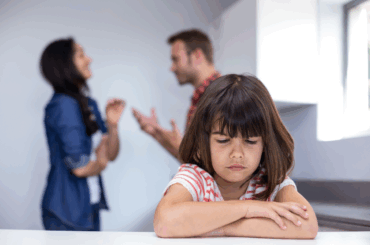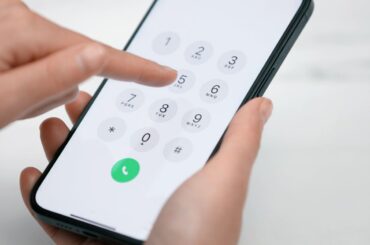A recent report on the widespread use of “No Contact Orders” (NCOs) on college campuses reveals how young adults are increasingly resorting to drastic legal measures when faced with interpersonal conflict. Originally designed to protect students from sexual harassment under Title IX, these orders are now being used in a far broader range of situations—including roommate disagreements, friendship fallouts, and interactions that cause discomfort.
The growing reliance on such measures, often issued in secrecy and with little opportunity for dialogue, underscores a troubling gap: many young people are entering adulthood without the basic tools to navigate and resolve everyday conflicts in healthy, constructive ways. Equipping kids with conflict resolution strategies doesn’t just help them succeed in school or at home—it sets them up for healthier relationships and greater emotional resilience throughout their lives.
How to teach kids to resolve conflict
Teaching our children how to resolve conflicts peacefully isn’t just about keeping the peace at home—it’s about equipping them with essential life skills that build emotional intelligence and healthy relationships.
Here are some tips for teaching your child conflict resolution skills—
- Model what you want to see. When disagreements arise with your partner or others, demonstrate respectful communication, active listening, and compromise in age-appropriate ways.
- Help them name their feelings. For younger kids, use simple terms like “mad” or “sad”; for older ones, expand their emotional vocabulary with terms like “frustrated” or “disappointed.”
- Establish a calm-down routine. Create age-appropriate strategies for regaining composure before addressing conflicts—deep breaths for toddlers, counting to ten for elementary kids, or journaling for teens.
- Practice collaborative problem-solving. Guide children to brainstorm solutions together rather than imposing answers.
- Nurture empathy through perspective-taking. Regularly ask questions like “How do you think they felt when that happened?”
Conflict resolution skill-building for toddlers and preschoolers
For younger kids, you can start building a foundation of healthy conflict resolution by teaching them to identify and talk about their feelings. Here are some specific tips for teaching conflict resolution skills to toddlers and preschoolers—
- Use simple language to help them name their feelings: “You seem angry because Sam took your toy.”
- Model taking turns with a timer that they can see to build their understanding of sharing and fairness.
- Read picture books about sharing and feelings to build emotional vocabulary.
Conflict resolution skill-building for elementary-aged children
Once kids enter elementary school, their social world becomes much bigger. There are lots more opportunities for conflict to arise, so it’s a good idea to practice some social situations ahead of time that may arise, like what to say if another kid is rude to them. Here are some other helpful tips for teaching conflict resolution skills to elementary-aged kids—
- Teach them the “I feel” formula: “I feel ___ when ___ because ___.”
- Practice active listening by having them repeat what the other person said.
- Have them brainstorm multiple solutions to the problem as a team.
Conflict resolution skill-building for tweens and teens
As hormones start to surge and social relationships become more important and complex during the tween and teen years, there are all kinds of interpersonal conflicts that can come up. The goal during this developmental stage is to work towards independent conflict resolution, without the intervention of adults, whenever possible. Here are some tips for teaching conflict resolution skills to teens and tweens—
- Discuss the difference between compromise and giving in—and that compromise shows strength.
- Encourage perspective-taking: “How might they be feeling in this situation?”
- Allow them to resolve peer conflicts independently, only offering guidance when needed.
By learning to manage disagreements early, children gain the confidence and communication tools needed to navigate an increasingly complex and interconnected world. When we teach them conflict resolution skills, we help our children build stronger relationships now and prepare them for navigating complex social situations throughout their lives.







